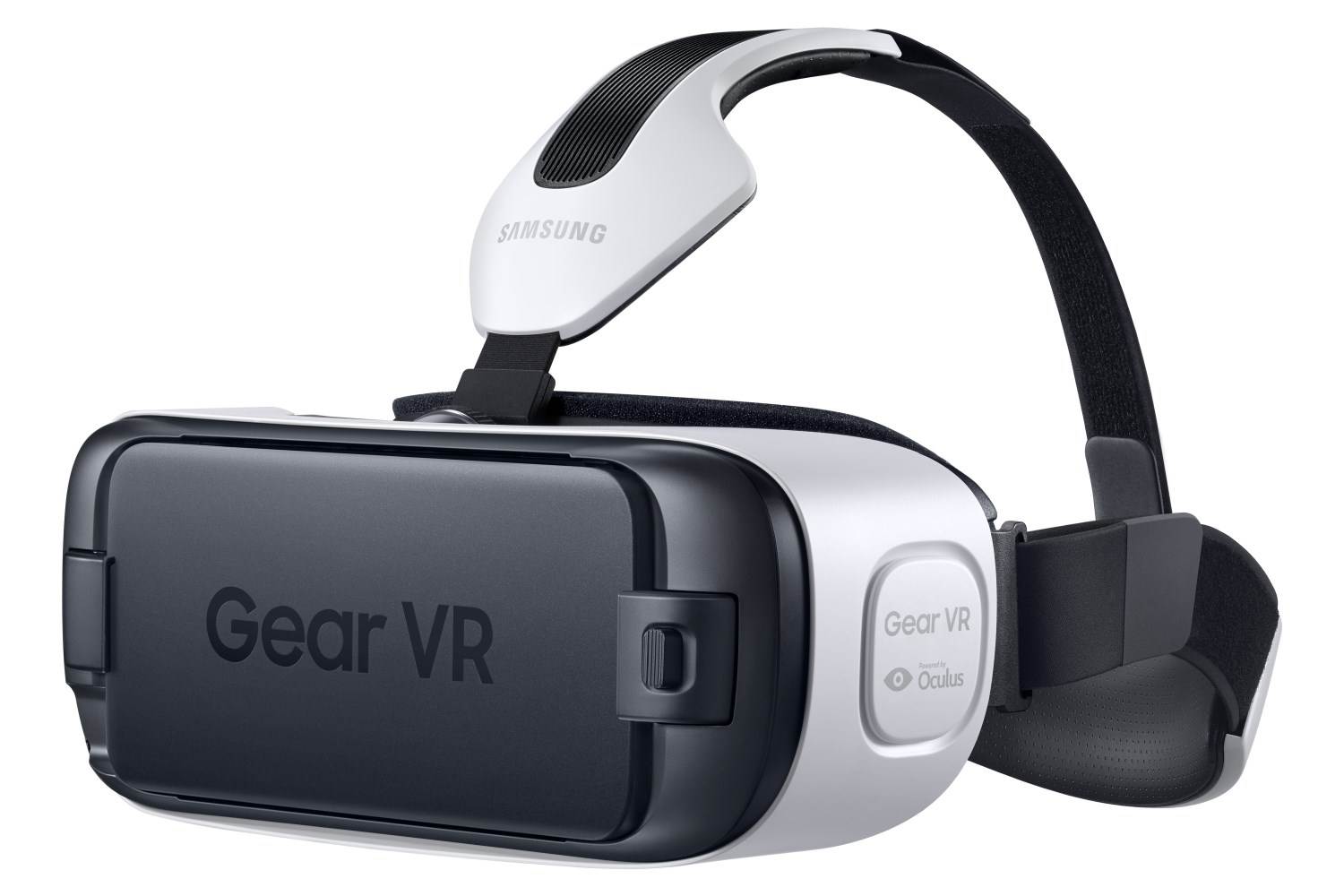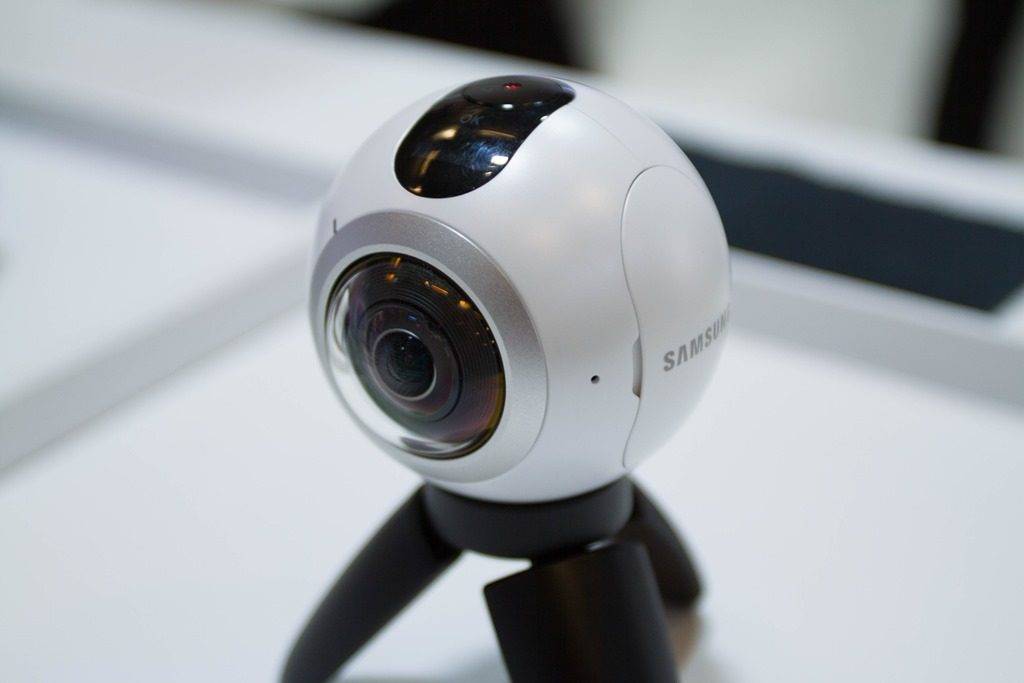
When you think about virtual reality (VR) and the equipment available in the market here and now, you would think that the Samsung Gear VR is the most “mainstream” of the top three high-end VR headsets. The other two – the Oculus Rift and the HTC Vive – are all in the “rich man’s toys” category, but they do offer a lot more than the smartphone-based Gear VR because they are standalone headsets. Maybe this is the thinking behind Samsung’s desire to put out another VR headset – and a standalone one at that.
Comparing performance and sheer quality, the Oculus Rift and the HTC Vive will leave the Samsung Gear VR behind – mainly because the latter is dependent on the handset that it is paired with. That is not to say that Samsung’s flagship line of smartphones are not robust, but handling VR is not their primary purpose. Samsung R&D head for software and services Injong Rhee revealed the alternative VR project at a conference today, saying, “We are working on wireless and dedicated VR devices, not necessarily working with our mobile phone.”

The Oculus Rift and the HTC Vive work better because they have gesture and hand tracking with their systems. This is probably the device Samsung will be shooting for in this project, and it may take a couple years or more before we see any result of this research.

Interestingly, Samsung also announced that they will be launching the Gear 360 – a 360-degree camera – by the end of the week. This will give creators another option for generating VR content for a growing VR crowd. So the VR movement is gaining some momentum. Let’s see where this takes us.
VIA: SlashGear









